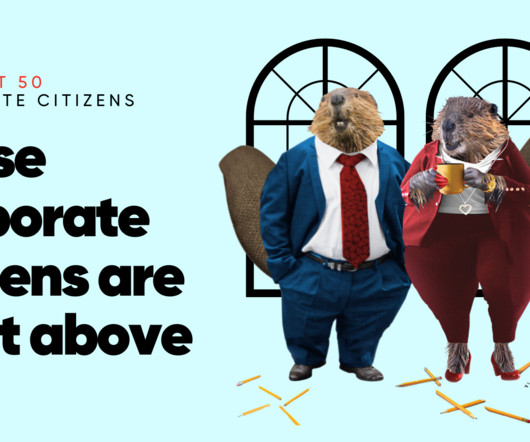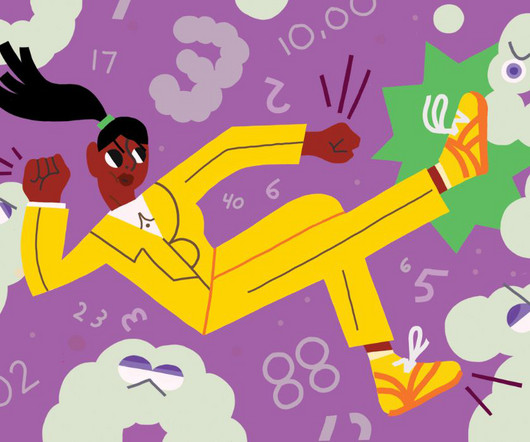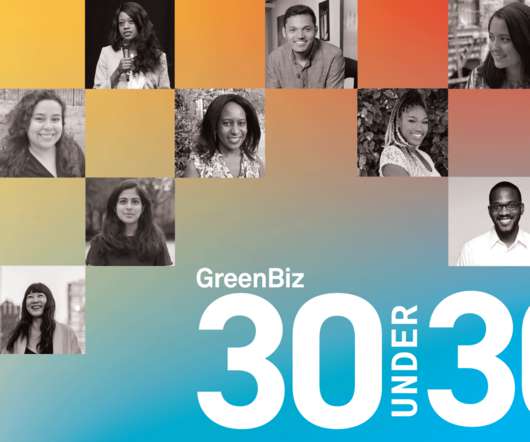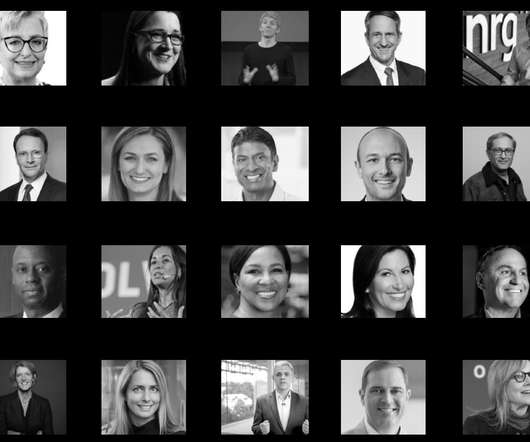These 50 Canadian corporate citizens are a cut above
Corporate Knights
JUNE 28, 2023
It’s evidence that the “triple bottom line” (profit, people and planet) doesn’t compromise the single bottom line – but expands it. It’s evidence that the “triple bottom line” (profit, people and planet) doesn’t compromise the single bottom line – but expands it.












Let's personalize your content